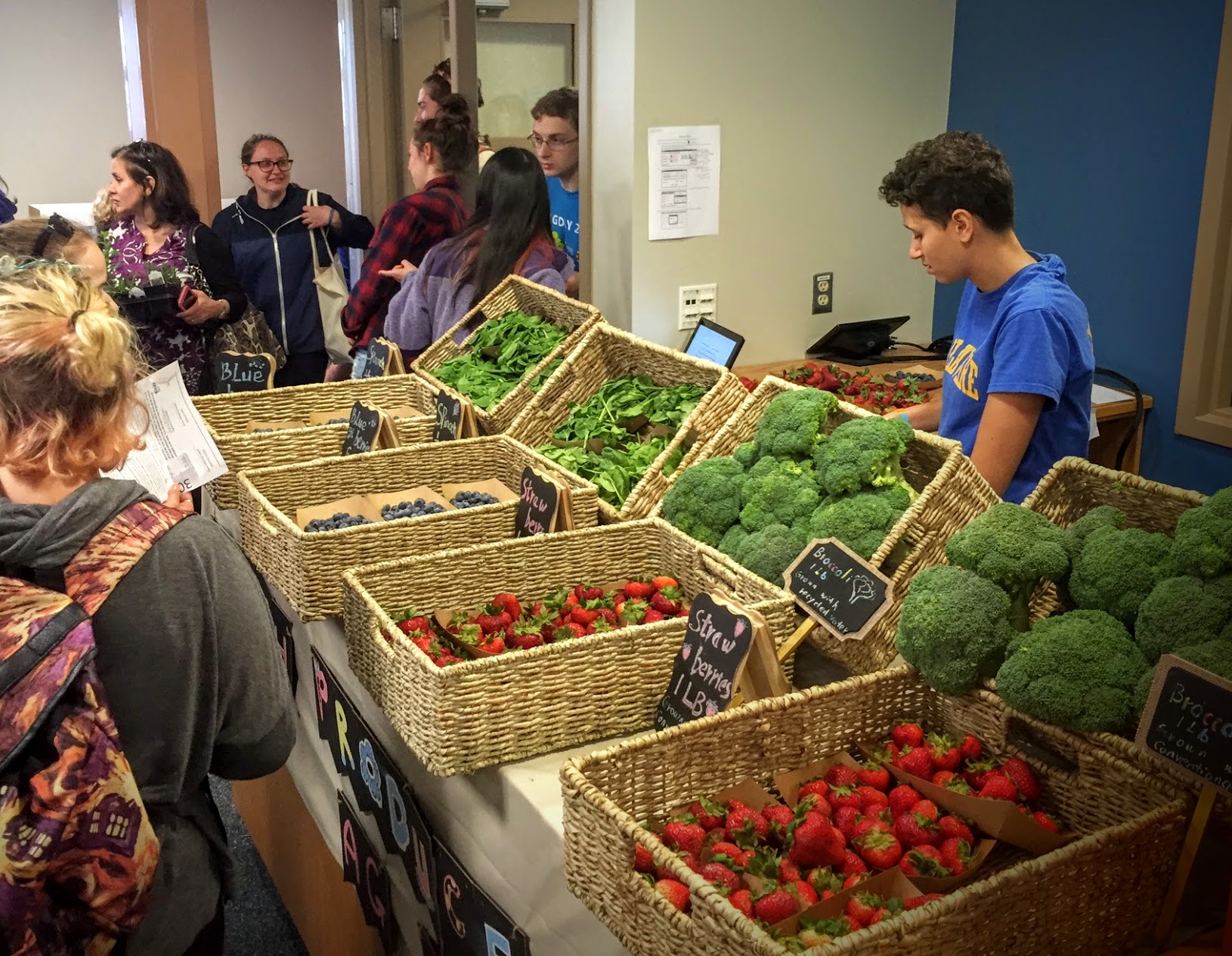Societal Context
Social, behavioral, economic and regulatory factors are influences on the adoption of nontraditional irrigation water sources.
Goal: To increase awareness and understanding of opportunities and barriers to nontraditional irrigation water use with regard to: 1) motivations of consumer behavior concerning foods produced with nontraditional irrigation water; 2) feasibility, costs, and benefits of using these water sources; 3) feasible approaches for implementing nontraditional irrigation under existing laws, regulations and policies; and 4) achievable opportunities for shaping future laws, regulations and policies.
EXAMPLES OF ACHIEVEMENTS TO DATE:
>2,500 adult subjects participated in economics experiments examining consumer preferences for foods grown with traditional vs. nontraditional irrigation water sources
5 states researched to compile the existing laws detailing water reuse for irrigating food crops (Maryland, Virginia, Delaware, Arizona and California)
9 law, business, economics and public health students, including CONSERVE scholars, journeyed through Israel to study water reuse and learn about how the Arava Institute is working towards improving water access for communities in the West Bank
Water Reuse Policy and Legal Research
Legal, regulatory, and policy frameworks have not been extensively applied to nontraditional irrigation water sources because such sources have not been extensively used. Moreover, use of nontraditional irrigation water may implicate federal and state food safety laws and regulations. To better clarify these complex frameworks, we are conducting both a broad, national evaluation of relevant legal materials as well as a focused, in-depth study of the Mid-Atlantic (Maryland, Delaware, and Virginia) and Southwest (Arizona and California) states hosting our primary sites. Additionally, we are partnering with Israel’s Arava Institute for Environmental Studies well as European and Australian institutions to conduct international workshops on nontraditional water technologies and legal structures surrounding them.
Consumer Response to Agricultural Water Reuse
To better understand consumer responses to the use of nontraditional irrigation water on food crops, our team members at the University of Delaware’s Center for Experimental & Applied Economics are recruiting consumers from the Mid-Atlantic and Southwest and evaluating real purchase decisions for food grown with and without nontraditional irrigation water.


